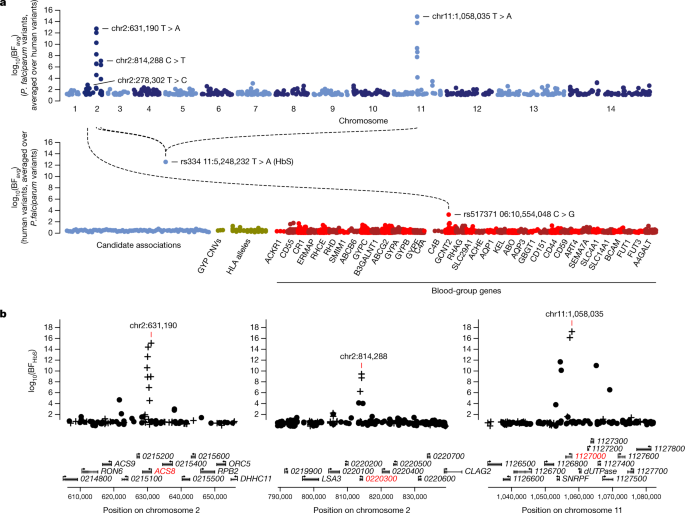Increased Risk of Post-Acute Sequalae of COVID-19 in Patients With Immune-Mediated Inflammatory Diseases
Evangelin Shaloom Vitus; Christian Nikolai Sørensen; Anastasia Karachalia Sandri; Rahma Elmahdi; Tine Jess
BACKGROUND AND AIMS
Dysregulation of the immune system and chronic inflammation, the primary drivers of post-acute sequalae of corona virus disease 2019 (COVID-19) (PASC), are at the heart of immune-mediated inflammatory disease (IMID) pathology. As PASC remains underexplored in IMID patients, we explored the risk of PASC in patients with IMIDs including spondylarthritis (SpA), rheumatoid arthritis (RA), hidradenitis suppurativa, ulcerative colitis, Crohn's disease and psoriasis compared to a matched non-IMID population.
METHODS
In this cohort study, all individuals with a recorded positive severe acute respiratory syndrome coronavirus 2 (SARS-CoV-2) test (January 2020 to January 2022) were identified from the Danish national registers. Cox regression was used to compare COVID-positive IMID persons with matched COVID-positive non-IMID ones. Subgroup analysis by COVID-related hospitalization, COVID vaccination, IMID medication, and stratification analysis by age, sex, and SARS-CoV-2 variant were carried out.
RESULTS
A total of 753 PASC cases were reported among 25,889 IMID and 51,778 matched individuals. The median age and follow-up time were 48 years (interquartile range: 35–61) and 7.7 months (interquartile range: 7.1–16.1), respectively, and 56% were women. An increased risk of PASC was seen in the IMID group as a whole compared to the non-IMID group (hazard ratio (HR): 1.64, 95% confidence interval (CI): 1.42–1.89), and for SpA (HR: 2.05, 95% CI: 1.30–3.22), RA (HR: 1.90, 95% CI: 1.38–2.61), and psoriasis (HR: 1.62, 95% CI: 1.31–2.01) individually. The risk of PASC remained higher among hospitalized and vaccinated IMID patients.
CONCLUSION
This study showed an increased risk of PASC in individuals with an IMID and in SpA, RA, and psoriasis individually. Results indicate chronic impact of early SARS-CoV-2 infection on IMID patients following acute COVID-19.
Link | PDF | Gastro Hep Advances [Open Access]
Evangelin Shaloom Vitus; Christian Nikolai Sørensen; Anastasia Karachalia Sandri; Rahma Elmahdi; Tine Jess
BACKGROUND AND AIMS
Dysregulation of the immune system and chronic inflammation, the primary drivers of post-acute sequalae of corona virus disease 2019 (COVID-19) (PASC), are at the heart of immune-mediated inflammatory disease (IMID) pathology. As PASC remains underexplored in IMID patients, we explored the risk of PASC in patients with IMIDs including spondylarthritis (SpA), rheumatoid arthritis (RA), hidradenitis suppurativa, ulcerative colitis, Crohn's disease and psoriasis compared to a matched non-IMID population.
METHODS
In this cohort study, all individuals with a recorded positive severe acute respiratory syndrome coronavirus 2 (SARS-CoV-2) test (January 2020 to January 2022) were identified from the Danish national registers. Cox regression was used to compare COVID-positive IMID persons with matched COVID-positive non-IMID ones. Subgroup analysis by COVID-related hospitalization, COVID vaccination, IMID medication, and stratification analysis by age, sex, and SARS-CoV-2 variant were carried out.
RESULTS
A total of 753 PASC cases were reported among 25,889 IMID and 51,778 matched individuals. The median age and follow-up time were 48 years (interquartile range: 35–61) and 7.7 months (interquartile range: 7.1–16.1), respectively, and 56% were women. An increased risk of PASC was seen in the IMID group as a whole compared to the non-IMID group (hazard ratio (HR): 1.64, 95% confidence interval (CI): 1.42–1.89), and for SpA (HR: 2.05, 95% CI: 1.30–3.22), RA (HR: 1.90, 95% CI: 1.38–2.61), and psoriasis (HR: 1.62, 95% CI: 1.31–2.01) individually. The risk of PASC remained higher among hospitalized and vaccinated IMID patients.
CONCLUSION
This study showed an increased risk of PASC in individuals with an IMID and in SpA, RA, and psoriasis individually. Results indicate chronic impact of early SARS-CoV-2 infection on IMID patients following acute COVID-19.
Link | PDF | Gastro Hep Advances [Open Access]

